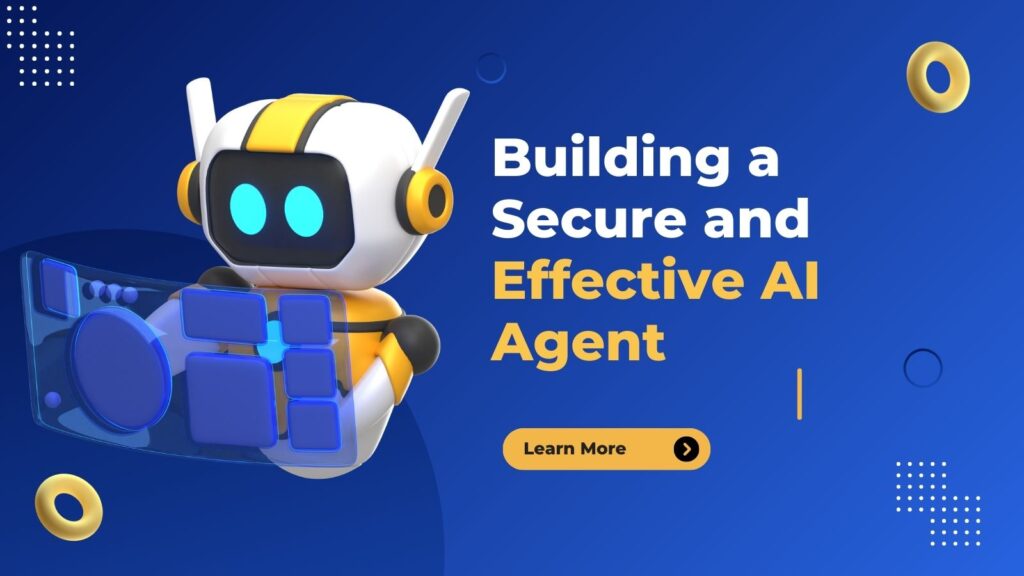How to Create a Transportation App: Features,
Price, and Implementation Steps
29 Aug 2023
18 min

CTO

Technical Writer
With unprecedented speed, Artificial Intelligence is reshaping industries worldwide, revolutionizing how we live and work, and its impact is becoming more profound in three key sectors: healthcare, finance, and e-commerce. These industries, each with unique challenges and opportunities, are leveraging AI to enhance efficiency, improve customer experiences, and unlock new possibilities. The benefits of AI in healthcare, finance, and e-commerce are numerous. In this article, we’ll explore how AI is driving innovation in these fields, the trends shaping its future, and the ethical considerations that will guide its adoption.

Benefits of ai in healthcare: From Diagnostics to Personalized Medicine
AI is revolutionizing healthcare by automating complex tasks, supporting clinical decisions, and enabling predictive analytics. Tools powered by machine learning can analyze medical images, detect patterns in patient data, and assist in diagnosing conditions faster and more accurately than ever before.
Examples:
- Radiology: AI algorithms can detect abnormalities in X-rays and MRIs, reducing diagnostic errors.
- Chatbots and Virtual Assistants: These are helping triage patients, schedule appointments, and provide medical information.
Virtual Health Assistants and Telemedicine
AI-powered chatbots and virtual assistants are improving patient access to care. These tools can sorting symptoms, schedule appointments, and provide medication reminders, reducing the burden on healthcare providers. In telemedicine, AI enhances remote consultations by analyzing patient data in real time, offering doctors actionable insights during virtual visits.
Future Trends in Healthcare AI
- Personalized Treatment Plans: AI will analyze genetic data and lifestyle factors to recommend tailored treatments for patients.
- AI-Powered Drug Discovery: Startups and research institutions are using AI to accelerate the drug development process, potentially cutting years off traditional timelines.
- Remote Monitoring and Wearables: With IoT integration, AI will interpret data from wearable devices to flag early signs of health issues, allowing preventive care.

AI in Finance: Smarter, Faster, Safer
Financial institutions are among the earliest adopters of AI. The finance industry, built on data and trust, is a natural fit for AI. From fraud detection to personalized banking, AI is driving efficiency, security, and customer satisfaction in ways that are reshaping the sector.
Fraud Detection and Risk Management
AI algorithms excel at identifying patterns and anomalies in vast datasets, making them ideal for detecting fraudulent transactions. Machine learning models analyze spending behaviors, geolocation, and transaction histories to flag suspicious activities in real time. This capability is critical in an era of rising cybercrime.
AI also enhances risk management by predicting market trends, assessing creditworthiness, and optimizing investment portfolios. For example, hedge funds use AI to analyze market sentiment and make data-driven trading decisions.
Personalized Banking and Wealth Management
AI is enabling hyper-personalized financial services. Chatbots and virtual advisors provide tailored financial advice, helping customers manage budgets, invest wisely, and plan for retirement. Robo-advisors, powered by AI, offer low-cost, automated investment management, democratizing access to wealth-building tools.
Algorithmic Trading
High-frequency trading firms rely on AI to execute trades at lightning speed. Machine learning models analyze historical data, news sentiment, and market signals to predict price movements and optimize trading strategies. This has led to greater market efficiency but also raises concerns about volatility and fairness.
Customer Service Automation
AI-powered chatbots handle routine customer inquiries, such as balance checks or loan applications, freeing up human agents for complex tasks. Natural language processing (NLP) enables these bots to understand and respond to customer queries with human-like accuracy.

AI in E-Commerce: Redefining Customer Experience
E-commerce companies use AI to drive personalization, optimize logistics, and create frictionless shopping experiences.
Hyper-Personalized Shopping Experiences
AI-driven recommendation engines analyze browsing history, purchase patterns, and demographic data to suggest products tailored to each customer. Companies like Amazon and Netflix have set the standard, with AI algorithms driving significant portions of their revenue. Personalized marketing campaigns, powered by AI, deliver targeted ads and promotions, boosting conversion rates.
Dynamic Pricing
AI enables real-time pricing adjustments based on demand, competition, and customer behavior. This strategy maximizes profits while ensuring competitive pricing. For example, airlines and ride-sharing platforms use AI to optimize fares dynamically.
Inventory and Supply Chain Optimization
AI streamlines e-commerce operations by predicting demand, optimizing inventory levels, and reducing waste. Machine learning models analyze sales trends, weather patterns, and global events to forecast demand accurately. In logistics, AI optimizes delivery routes, reducing costs and improving delivery times.
Enhanced Customer Support
AI-powered chatbots provide 24/7 customer support, answering queries about order status, returns, or product details. Advanced NLP allows these bots to handle complex conversations, while sentiment analysis helps businesses gauge customer satisfaction and address issues proactively.
How Businesses Should Prepare
Whether you’re in healthcare, finance, or e-commerce, the integration of AI is no longer optional—it’s a competitive necessity. Here’s how organizations can prepare:
- Invest in Data Infrastructure: AI needs clean, structured data to be effective. Build robust data pipelines and storage solutions.
- Upskill Your Workforce: Train employees to work alongside AI tools and understand their outputs.
- Adopt AI with a Human-Centered Approach: Focus on solving real problems while maintaining transparency and ethical standards.
- Work with the Right AI Partners: Collaborating with experts or AI agencies can help implement solutions tailored to your business needs.
Word from Duanex
The benefits of AI in healthcare, finance, and e-commerce are not just about automation—they’re about intelligence, agility, and human-centered innovation. Businesses that embrace AI today will be the leaders of tomorrow, equipped to deliver smarter services, unlock new opportunities, and create lasting impact.
At Duanex, we help businesses unlock the power of AI through custom solutions, AI agents, and strategic consulting. Whether you’re looking to streamline operations or transform your customer experience, we’re here to help you lead in the age of intelligent technology.

